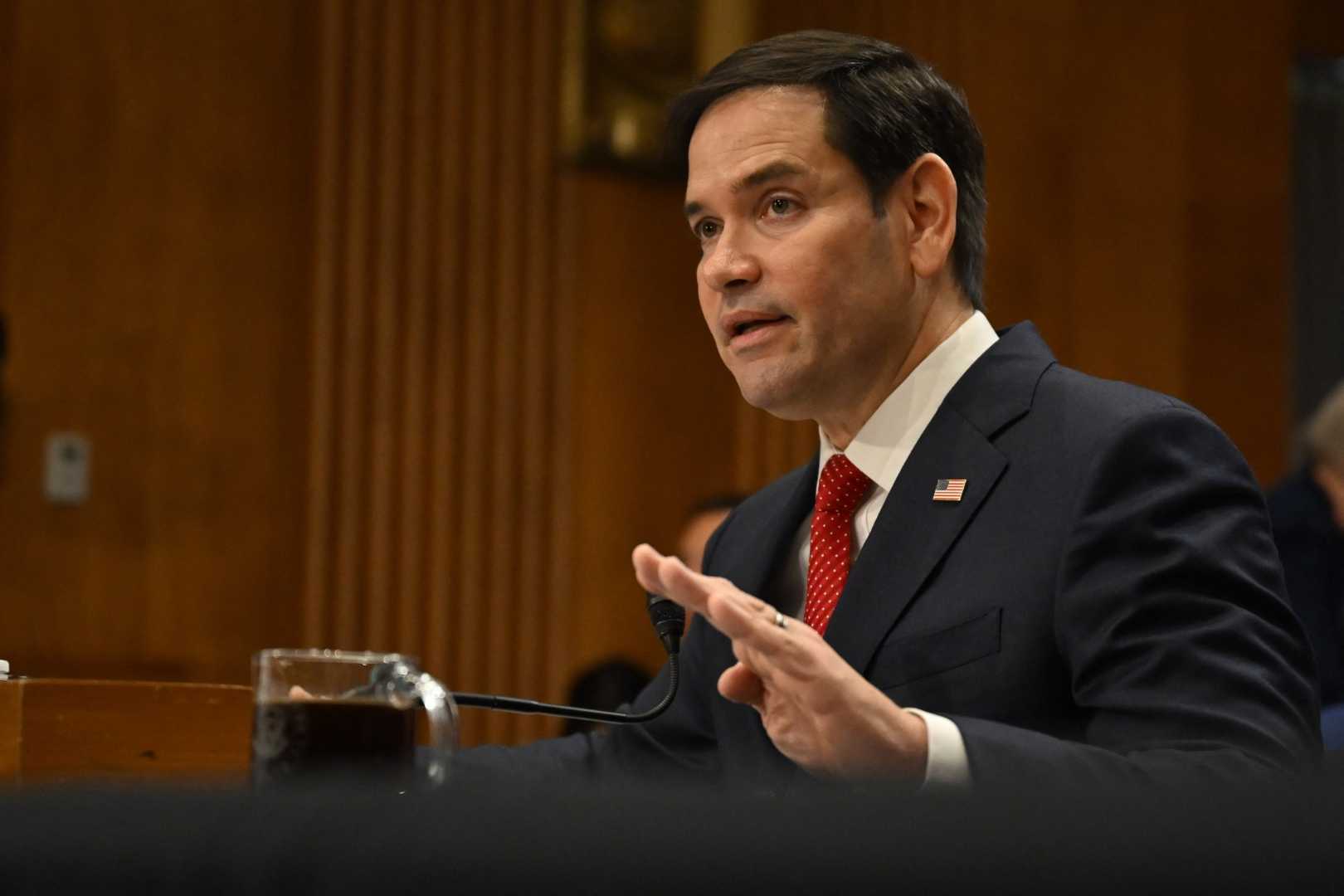Politics
Secretary of State Rubio Defends Foreign Aid Changes Amid Criticism

WASHINGTON, D.C. – Secretary of State Marco Rubio defended the Trump administration’s controversial changes to the State Department during a Senate Foreign Relations Committee hearing on Tuesday. Rubio argued that despite major restructuring, American foreign policy remains focused on its key objectives.
Addressing lawmakers for the first time since taking office, Rubio emphasized the need to streamline foreign aid programs. He acknowledged that certain initiatives were ineffective, citing a $10 million program aimed at male circumcision in Africa designed to combat HIV.
The State Department plans to shut down the U.S. Agency for International Development (USAID) by July. Rubio described the department as bloated and overly bureaucratic, stating, “The State Department had to change. It was no longer at the center of American foreign policy.” He aims to decentralize decision-making to empower regional bureaus and embassies.
Reactions from committee members were divided along party lines. Chairman Jim Risch, R-Idaho, praised Rubio for addressing foreign policy challenges, including competition with China. In contrast, ranking member Jeanne Shaheen, D-N.H., criticized the reorganization, labeling it a retreat from global engagement and warning of a vacuum that China could exploit.
Rubio countered that the U.S. provides more humanitarian aid than the next ten nations combined, sharing details of his recent diplomatic visits to 18 countries.
While the primary agenda of the hearing was the State Department’s fiscal 2026 budget request, discussions revolved around foreign policy and structural adjustments. Rubio fielded questions on pressing issues including Syria‘s unstable transitional government, the war in Ukraine, and the humanitarian crisis in Gaza.
Rubio expressed concern about the fragile state of the transitional authority in Syria, fearing imminent collapse leading to civil war. He noted that the Trump administration lifted sanctions on Syria to support the new government, and the EU has followed suit.
On Ukraine, Rubio warned Russia of possible bipartisan sanctions if peace negotiations fail. “There is no military solution to this crisis. It will have to end in a negotiated settlement,” he said, underscoring the complexities between Russia’s and Ukraine’s territorial claims.
Regarding Gaza, Rubio acknowledged the dire humanitarian situation. He discussed the possibility of relocating Palestinians who wish to leave but rejected reports of forced relocation to Libya, highlighting the complexities surrounding voluntary relocation.












